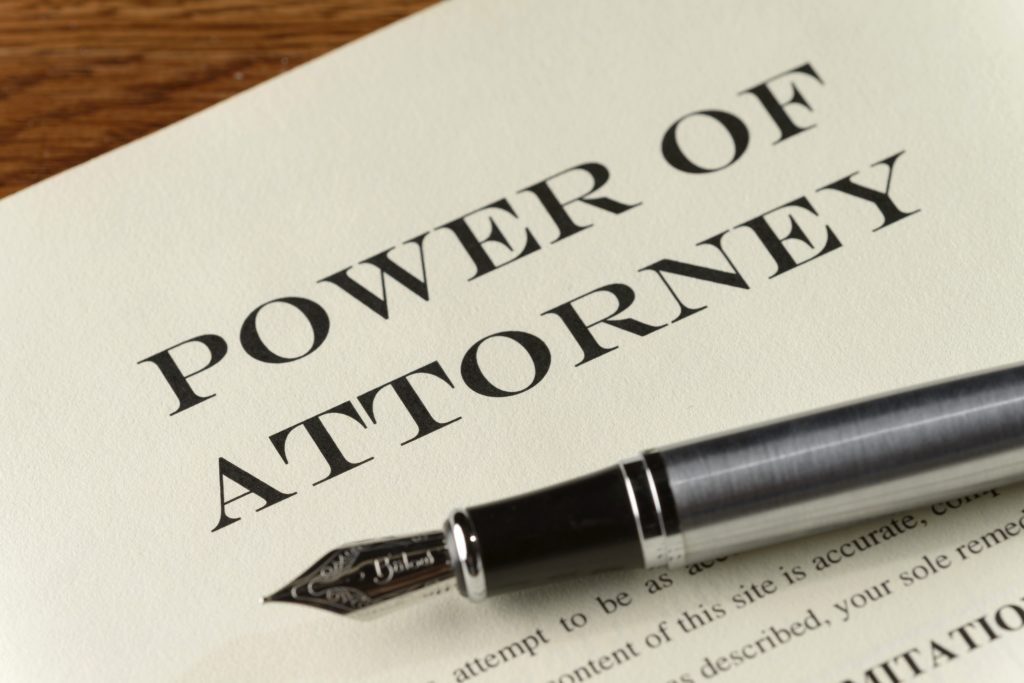Here are several key points about how to get a financial power of attorney (POA) in Pennsylvania:
- The Client Should Be the One to Call the Office. Ideally the person who is looking to sign the POA should be the one who calls the law office. The law firm is required to confirm that the person looking to sign a POA has the requisite capacity to knowingly sign the POA document. If you call our law firm on behalf of a parent, friend, or loved one, we will provide information about the process, but please know that the estate planning attorney must speak with the person for whom the POA is to be drafted. Our staff members are trained to provide general information, and to request the person
 looking to sign a POA to be the one to contact our office.
looking to sign a POA to be the one to contact our office. - Choose Someone Trustworthy and Capable. Designate someone to serve as your POA who is trustworthy and capable. You don’t want someone to be your POA who is trustworthy but not capable, or capable but not trustworthy. You must have someone who is both trustworthy and capable.
- Ask the POA if They Will Serve. Name a Back-up. Be sure to confirm that the person you wish to name as your POA, also known as your “agent”, is willing to take on the responsibility. You don’t want to find out later that your planning failed because the person turned out to be unwilling to serve. Considering naming a back-up POAs in your document, to be on the safe side.
- Read the POA and Ask Questions. Read the draft document sent to you by your lawyer and only sign the POA after you understand it. A good estate planning lawyer will welcome your questions and draft the POA in straightforward language that is easy to understand.
- Plan Ahead. Sign Your POA Before it is Too Late. A power of attorney document needs to be signed while you are lucid and before a setback that results in mental incapacity. If a person loses mental capacity due to dementia or another reason, then it may be too late to sign a POA and costly guardianship proceedings may be necessary.
- A POA is not One Size Fits All. Ask your lawyer about the authority that can be included and excluded in the POA, and when it becomes effective. For example, if you have an existing POA, take it look at it. You need to be careful about what authority is included. Your lawyer should discuss the details of the POA with your lawyer, and know why powers are being included, or excluded from your POA.
- Online Forms, Buyer Beware. You can get a POA online, but that is at your own risk because an online POA may not work when needed. Unfortunately, we see many online POAs that are not legally valid under Pennsylvania law or were signed improperly.
In summary, you can get a POA online or from an estate planning law firm. Working with an estate planning attorney is the safer bet. If you wish to have our office help you with your estate planning documents, including preparation of your will, financial POA, healthcare POA, and possibly a trust if appropriate for your situation, please call or contact us through this website.


 looking to sign a POA to be the one to contact our office.
looking to sign a POA to be the one to contact our office. 

